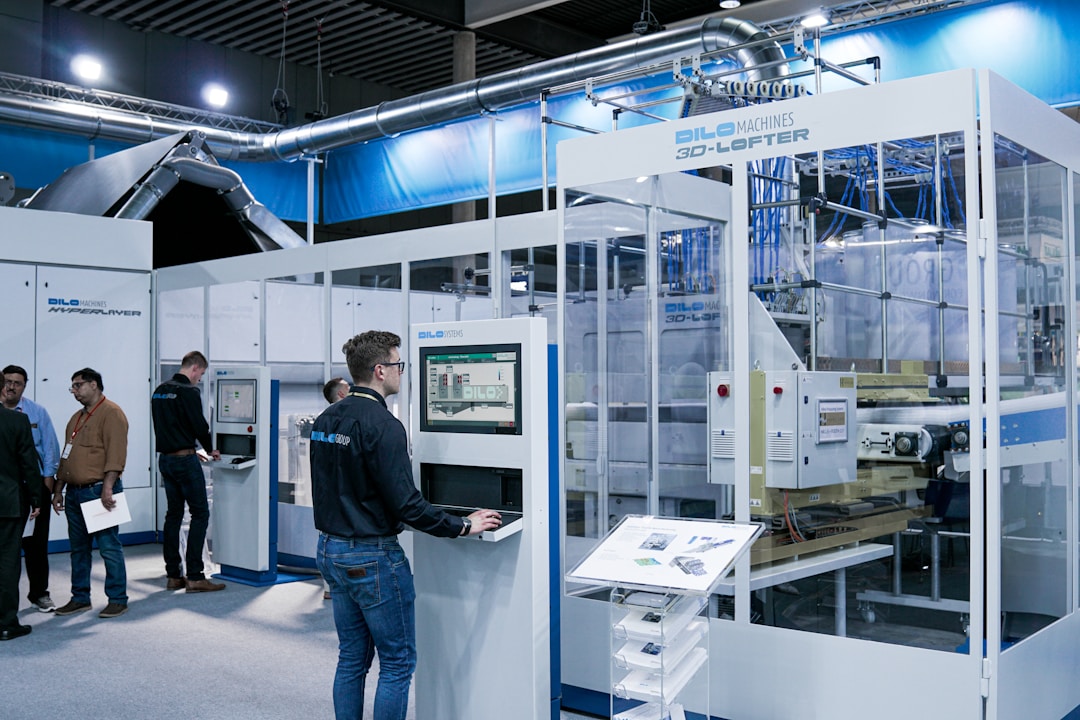
People who work in the manufactory industry require a special set of skills that goes beyond working with their hands. They are people who are skilled and can create solutions on their feet. Whether you’re looking to start a career in a manufacturing field or change your job to a manufacturing one, it’s important you know what it takes to be efficient at manufacturing.
There are some people you can look up to when it comes to manufacturing skills such as Zach Mottl, Chairman of Atlas Tool Works, Inc. Zach Mottl embodies skills like leadership, strategy, customer service, and problem-solving. He has testified before the US House of Representatives and has been appointed by the Illinois government to serve on their Broadband Deployment Council. He serves at the University of Illinois’s Industrial Advisory Board and was the youngest chairman to serve the Tool & Manufacturing Association (TMA). Here’s a list of skills that, just like Zack, you will need to adapt in order to pursue a career in manufacturing.
Technical Skills

The manufacturing industry is powered by technology, and this technology is always evolving. Additionally, the applications of manufacturing are also evolving, so if you want to work in this industry, you will have to develop your technical skills. This will include the mechanical and efficient operation of specialized machinery and complicated processes.
You can develop these skills by signing up for an online Master of Science in Information Technology at the University of Cincinnati. This degree can teach you about the new technology that’s being used today around the world and how you can solve the most advanced issues with technology.
Communication Skills
Another skill that you will have to sharpen to work in the manufacturing industry is your communication. Having effective communication will allow you to take on manufacturing operations with different individuals from different backgrounds. Strong communication will also allow you to communicate better with your team members and easily follow or provide instructions to resolve your companies issues.
Critical Thinking Skills

Your critical thinking skills also need to be developed in order to apply logic, reasoning, and the scientific method to determine the strengths and weaknesses in your analytical approach, come to conclusions and develop solutions when facing challenging scenarios. This will also help you become more innovative and creative, grow in your career, and contribute to your new product development processes.
You will need to ask a lot of questions in order to correct weaknesses in any given process, as well as be quick on your feet when working directly in a manufacturing line. Critical thinking will help you effectively respond to spontaneous issues with the least of errors, which is what every hiring manager will look for when interviewing potential manufacturing employees.
Analytical Skills
Moreover, you will need analytical skills to work in the manufacturing industry in order to understand how systems operate individually and with other machinery within the same system. It will also help you figure out the different sides of an operation, the general conditions that may impact the outcome of your projects, and your working environments.
Your analytical skills will additionally help you assess situations rationally and create effective plans to overcome any presented obstacles. They will also help you break down larger problems into smaller issues so you and your team can effectively tackle any problem that arises.
Team Skills

Lastly, it’s important to develop your team-working skills as manufacturing is a very cooperative vocation. Employees in manufacturing need to communicate with other co-workers to relay information in a respectful yet transparent and prompt manner. You will need to be a part of collaborative company culture to come up with common solutions to any given problem. You will also work with other experts, for example, to navigate problems and come up with ideas and solutions collectively.
These skills will help you successfully work in the manufacturing industry.